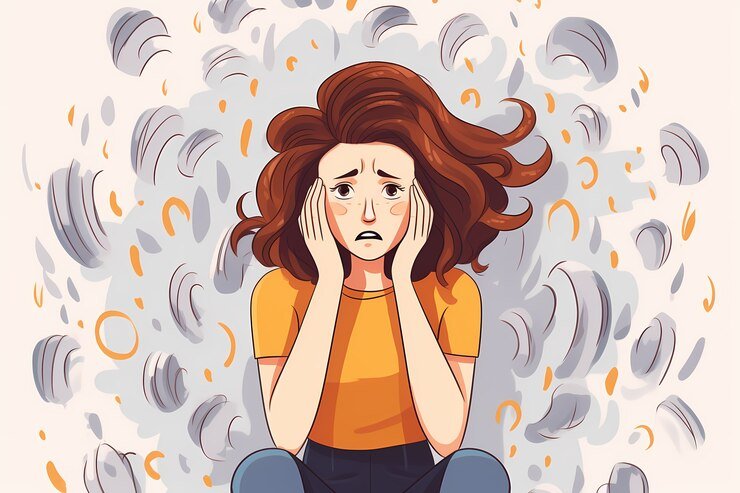Panic attacks are described as having sudden yet extreme mental and physical symptoms. These may come on unexpectedly and sometimes with no evident reason.
WHAT CAUSES A PANIC ATTACK?
There are several factors that can cause a panic attack. It can happen unexpectedly and frequently in some cases. Some common causes of a panic attack include:
- Traumatic event or situation
- Too much caffeine
- Drugs or alcohol
- Stress
- Asthma or other breathing problems
- Depression
- Thyroid problems
HOW TO TELL IF YOU ARE HAVING A PANIC ATTACK?
The following symptoms are experienced by a person having a panic attack:
- fast heart rate/ heartbeat
- feeling dizzy or faint
- sweating, trembling and shaking
- feeling nauseous
- chest tightness or pain
- shortness of breath
- trembling
- hot flushes and chills
- numbness or pinching feeling
- dry mouth
- fear of dying
- a churning stomach
WHAT TO DO IF YOU ARE EXPERIENCING A PANIC ATTACK?
The next time you get a sudden panic attack, try the following things:
Remain in one position
Breathe in and out slowly and deeply
Remind yourself that you will get through this
Think of calming, peaceful or positive thoughts and images
Seek professional help
By getting professional help, you can get the right treatment – in the form of therapy or medication, depending on your condition.
While it may not be life-threatening, if you experience frequent and unexpected panic attacks with constant anxiety then you may find it very hard to cope with everyday life and focus on work or academics. Additionally, in social gatherings, you may dread going to places where it is difficult to escape or you might be trapped.
If you constantly fear that you may experience more of them, then you may be diagnosed with a panic disorder.


